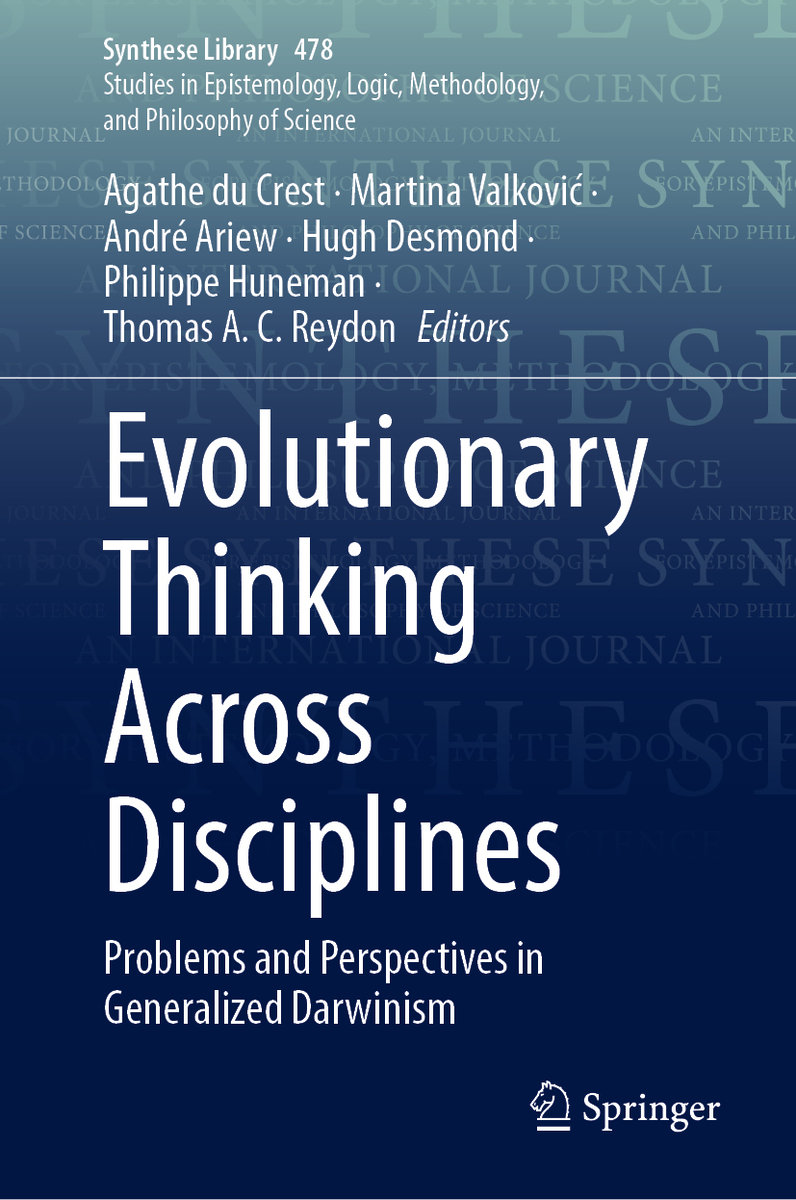This volume aims to clarify the epistemic potential of applying evolutionary thinking outside biology, and provides a survey of the current state of the art in research on relevant topics in the life sciences, the philosophy of science, and the various areas of evolutionary research outside the life sciences. By bringing together chapters by evolutionary biologists, systematic biologists, philosophers of biology, philosophers of social science, complex systems modelers, psychologists, anthropologists, economists, linguists, historians, and educators, the volume examines evolutionary thinking within and outside the life sciences from a multidisciplinary perspective. While the chapters written by biologists and philosophers of science address theoretical aspects of the guiding questions and aims of the volume, the chapters written by researchers from the other areas approach them from the perspective of applying evolutionary thinking to non-biological phenomena. Taken together, the chapters in this volume do not only show how evolutionary thinking can be fruitfully applied in various areas of investigation, but also highlight numerous open problems, unanswered questions, and issues on which more clarity is needed. As such, the volume can serve as a starting point for future research on the application of evolutionary thinking across disciplines.


